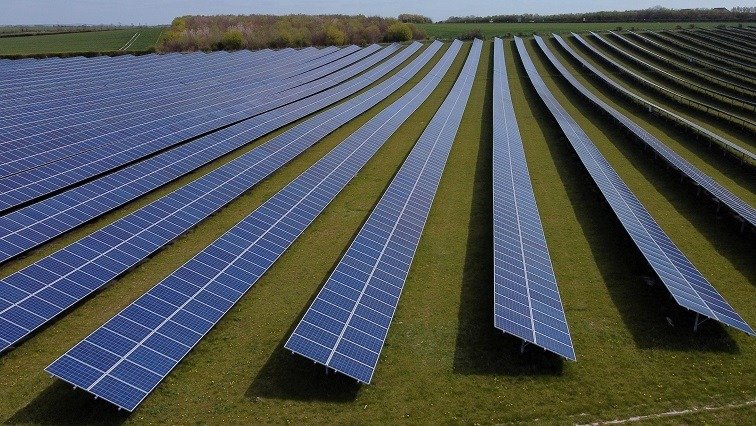Government ready for renewable energy plan – SABC News


Government says it is ready to implement the South African Renewable Energy Master Plan (SAREM) as part of its energy policy on electricity development.
The aim of the plan is to fast-track the procurement of renewable energy, ensuring reliable energy planning and expanding the electricity grid to accommodate new projects among other things.
The Minister of Electricity and Energy, Dr Kgosientsho Ramokgopa, revealed this in Cape Town on the third day of the Africa Energy Forum.
He has described the South African Renewable Energy Master Plan (SAREM) as “a breathing blueprint of the years of rigorous technical negotiations and about all collaborations”.
“This is not a document compiled (behind) closed doors by the corporates and technocrats. It is a copy of the national vision shared by the hands of all stakeholders who constitutes the backbone of the renewable energy sector,” says Ramokgopa.
He says SAREM is a comprehensive energy strategy, which will also address other challenges the country is facing, including job creation.
“With SAREM, we are engaging in industrialisation, into our energy transition, not as an after thought but as a central strategy to secure sovereignty, create jobs, and build long term competitiveness. A core pillar of the energy security with the ability to build, operate and maintain critical energy infrastructure with the domestic capacity. No nation can claim sovereignty while outsourcing the very foundation of its development. South Africa has demonstrated time and again that it possesses its industrial mattle to rise in its complex challenges,” he says.
The Electricity Minister says the plan brings a holistic approach to energy development in the country.
“At the same time, we approach this transition with a pragmatic clarity, reliable and secure energy future, which rests on a balance mix that includes clean coal technologies, reflexible gas generation and nuclear power all integrated into a decarbonisation pathway that is responsible and visible and national tenant. I always make this point, when you attend some of these forum, you find that people are advocating for a particular energy resource … I always make the point that don’t take time to discredit other energy resources,” he adds.
He reiterated his position that African countries should stop depending on other countries in generating energy, despite being rich in natural energy resources.
“The time has come to reverse the debate of extraction and dependency. We build local value chain, industrial ecosystem and fuel fossils that enrich our natural endowment. The age of shifting raw material across the oceans while leaving our people unemployed must come to and end. Our G20 presidency presents us with an opportunity shift that, with clarity and conviction, African energy transitions are not just about like endurance.”
